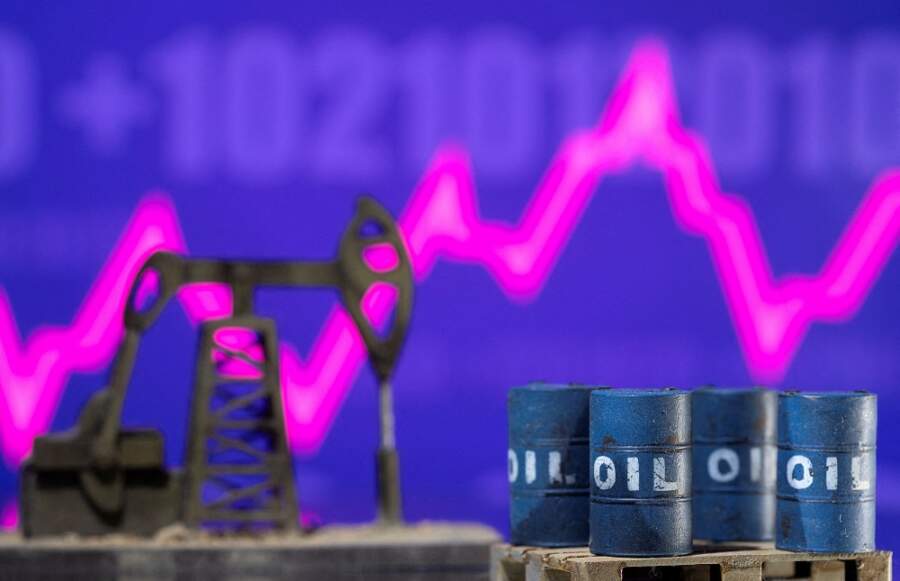
The ongoing conflict between Russia and Ukraine has led to significant supply disruption of vital commodities such as natural gas, corn, nickel and petrochemicals, of which Ukraine and Russia are major producers and exporters. This has caused the prices of these raw materials to spike since the conflict began, remaining at an elevated level as the military action continues.
What’s more, these supply disruptions are also set to cause knock-on effects across a number of different industries. This includes:
- Industrials – Aerospace and defence markets are likely to be impacted due to Russia’s control over titanium supplies, with major players forced to seek out alternative suppliers
- Consumer goods – Increase in prices of grains, leading to a rise in input costs for packed foods, quick service restaurants, and beer manufacturers
- Life sciences – Hurdles in production of Russia’s Sputnik V Covid-19 vaccine are likely to impact major customers in APAC, Africa and LATAM
- Logistics and supply chains – Port shutdowns, closed airspaces, and the rising cost of fuel has led to disrupted logistics movement and increases in freight rates
According to Hemant Bansal, Commodity Solution Lead at The Smart Cube, multinational corporations are set to be heavily impacted by the ongoing conflict in Ukraine.
“2,100 US-based firms and 1,200 European firms have at least one tier-1 supplier in Russia,” said Bansal. “The number increases drastically to 190,000 and 109,000, respectively for US and Europe, in the case of tier-3 suppliers. Adding to this, as Russia and Ukraine are major suppliers of several commodities, we can expect a supply shortage and, ultimately, a significant increase in the prices of natural gas, wheat, palladium, and other commodities, particularly if supplier diversification proves to be a challenge. This indicates significant exposure of global firms’ supply chains in the Russia-Ukraine region.”


